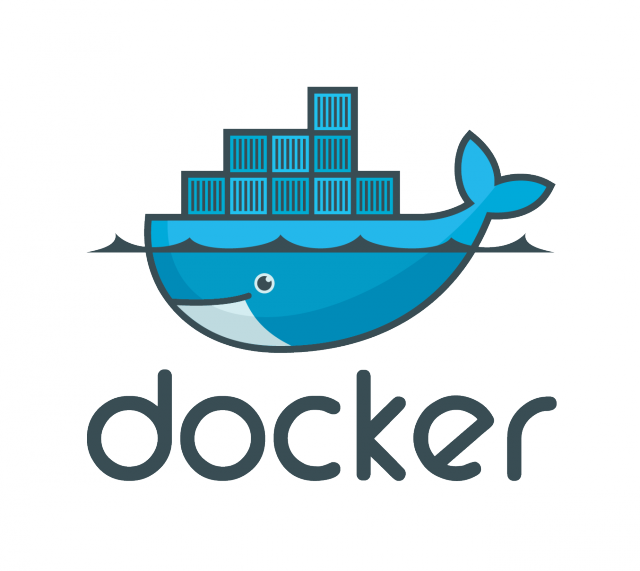Docker Engine will get built-in container orchestration

During its developer conference in Seattle this week, Docker announced that container orchestration will now be built right into its Docker Engine, making the process of building, deploying and orchestrating containers far easier for its users.
The company has basically taken the core features of Docker Swarm and Compose and has added them to its core Engine to simplify the process of using containers in production. Both of these standalone products only recently exited their beta phases last November and it is impressive that Docker has been able to add them to Docker Engine in such a short period of time.
Developers using the company’s core Engine will now be able to enable "swarm mode" which creates clusters of Docker engines that are self-healing and have the ability to discover one another. This mode will also include support for an overlay network that will allow for load balancing tools and automatic service discovery. Swarm Mode will also include a new Service Deployment API for developers that will let them declare which services, images and ports they prefer to use.
The versions of Docker’s Swarm and Compose tools that currently exist will not be changed in order to avoid breaking any existing deployments as well as continuing to support third-party tools. This will allow the Docker platform to continue to expand. Docker’s COO, Scott John Johnston, believes that the company’s plugin architecture "is evolving to allow our networking storage, logging, monitoring partners etc. to take advantage of these native orchestration features".
The company also announced that it will be releasing Docker for Amazon Web Services (AWS) and Microsoft Azure. In regard to its expansion to these two new platforms, Johnston said to TechCrunch: "As we expand the market, we are reaching a class of users that just want the platform to work best with their chose infrastructure".
It is notable however, that Docker is not planning on releasing its software for Google’s Cloud Platform at this time due to enterprises preferring AWS or Azure.
Published under license from ITProPortal.com, a Net Communities Ltd Publication. All rights reserved.